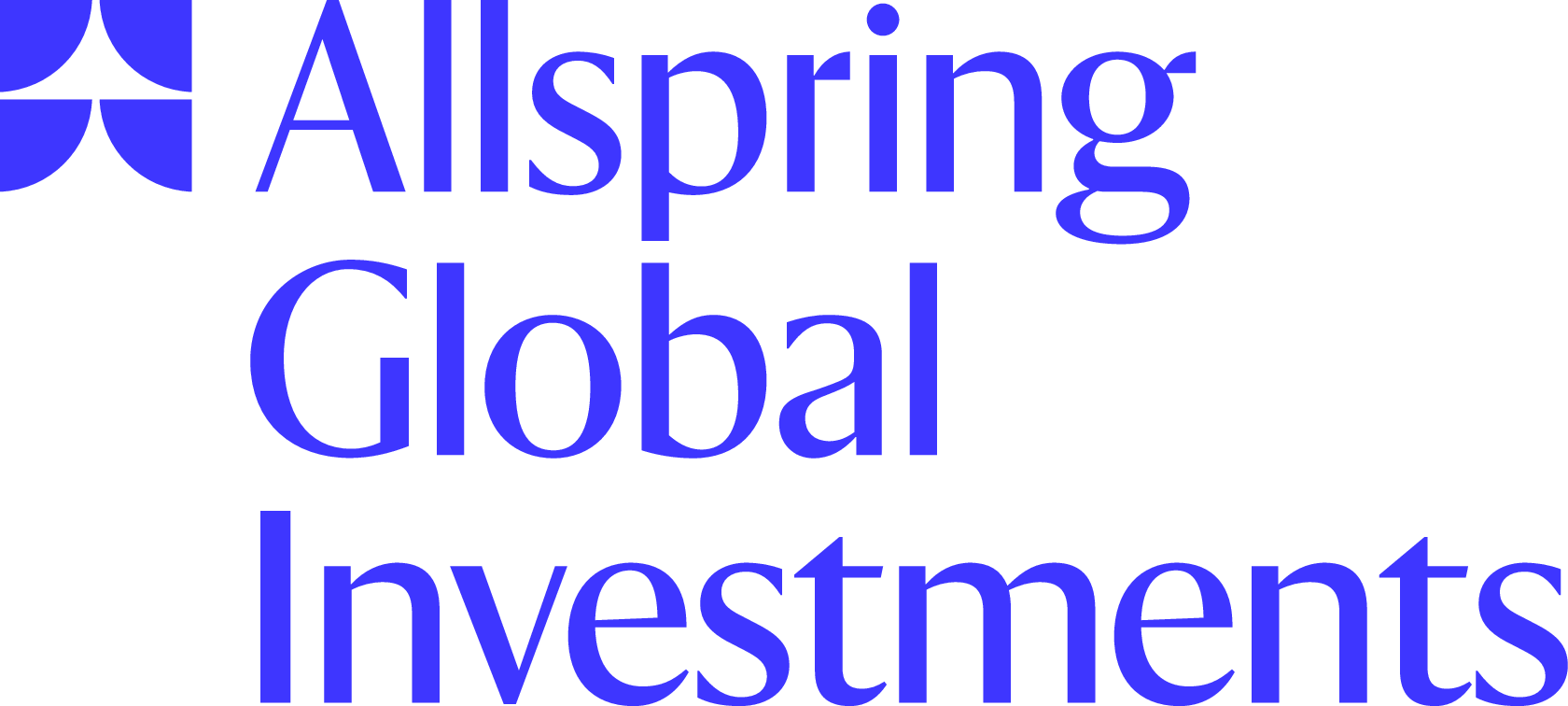
April 2022
ESG NEWS IN COLLABORATION with
Here are the top news, stories, observations and other interesting things that we hear about in the market, with relevance for selection teams and sustainable investing.
#1 ESG Investors Accused of ‘Failing’ over Russia
Russia’s invasion of Ukraine has exposed the failings of asset managers and data analytics firms in their assessment of environmental, social and governance risks, according to a senior sustainable finance executive. Vladimir Putin’s war in Ukraine has prompted some asset managers to stop new investments in Russia, while others have said they will divest from the country when they are able to do so. However, Sasja Beslik, a sustainable finance expert, said the war showed that ESG investors “have failed” by not managing risks associated with Russian investments before the latest invasion.
Beslik said companies should have learned from Russia’s annexation of Crimea in 2014. Most fund managers and ESG analytics firms “did nothing” eight years ago, said the former head of responsible investments at Nordea Asset Management. The “tragedy” in Ukraine was, therefore, a “warning signal” for all those working within ESG in financial services, he said. Asset managers’ over-reliance on ESG data analytics firms, such as MSCI and Sustainalytics, had also become part of the problem, Beslik said. Most asset managers use third-party data and integrate it into their portfolios, with very few doing detailed analysis themselves, he said, adding that what MSCI and other companies were doing had a “tremendous impact on asset managers” and the cost for their clients was “quite significant” if they had relied on the data for their Russian investments.
“ESG data firms need to look at [the war in Ukraine] and ask themselves what they have missed,” he said. Beslik cited MSCI’s decision to downgrade its ESG rating of the Russian government from B to CCC on March 8, saying: “This came eight years too late.”
Read the full article here (source: Financial Times)
#2 Rethinking ESG after the Ukraine conflict
When surveyed, people say that they want companies to put their money where their mouth is. For example, in a recent poll by Morning Consult 75% of Americans are in favour of companies cutting ties with Russia. Another survey by Gartner showed that 80% of people in America want to see at least one action taken by corporations in relation to the war.
But what do people think and how do they feel when they are not asked by researchers? How do people talk to each other on social media about brand responses to the war?
Read the full article here (source: Listen + Learn)
#3 Why do ESG funds buy Russian oil rather than Canadian crude?
New analysis shows many of the top largest ESG energy holdings have severed investment ties in Canada’s oil sands. Against the backdrop of Russia’s continuing assault on Ukraine, markets are discovering uncomfortable realities for environmental, social, and governance-focused (ESG) investments. That has prompted demands for the asset management industry to rethink the loosely defined term – and the discovery of “shocking” holdings within some ESG funds is a case in point.
Citing a new report by CIBC Capital Markets, Yahoo Finance reported that many of the ten largest energy holdings among ESG funds have reduced or discontinued investments in Canada’s oil sands while half have remained invested in Russia. The bank discovered that ESG funds owned twice as much Russian oil and gas as Canadian oil and gas at the end of 2021. “Perhaps most shockingly, the ratio of dollars held in Gazprom was six times that of Suncor,” CIBC analysts wrote in a research published last week.
Read the full article here (source: WP – Wealth Professional)
#4 Engagement and biodiversity lead 2022 Global Climate (ROBECO Survey)
It is the second survey conducted by CoreData Research, with answers gathered throughout January 2022. Collectively, the 300 investors questioned have assets under management of USD 23.7 trillion. The principal finding was that climate change firmly remains central or significant to investment policy at 84% of all investors over the next two years, while 75% have it taking centre stage today.
One standout result was that 80% of respondents said engagement will be a significant factor in their investment policy in the next two years. Protecting biodiversity has also risen in importance, with 56% saying this will be key over the next two years. Other highlights include plans to make greater use of thematic strategies, with equities remaining the preferred asset class. There is also an increasing appetite to divest from carbon-intensive activities. Meanwhile, complaints about poor data and a lack of global agreements on climate still vex investors.
Access the full Survey here (source: ROBECO & CoreData Research)
#5 SEC Takes ‘Monumental’ Step on Climate Disclosure
More than a year in the works, the Securities and Exchange Commission unveiled its much-anticipated climate disclosure rule proposal this month, with major implications for the investor and business communities.
“It’s a monumental rule-making initiative,” said Erin E. Martin, a Washington-based partner with law firm Morgan, Lewis & Bockius LLP who previously worked in the SEC’s division of corporation finance. “This has been a long time coming, it’s been highly anticipated by the public, it’s an area that’s of interest to many stakeholders and so it may be something that’s kind of a game-changer for a lot of public companies to the extent that these rules do actually move forward and are implemented as proposed.”
Read the full article here (source: Pensions & Investments)
NordSIP Insights – EU Sustainable Finance Regulation Handbook 2022
In this edition of NordSIP Insights, NordSIP check on the expedition’s progress so far. They find out that while moving steadily forwards and upwards, the explorers have also encountered some serious obstacles and are, at times, unable to live up to everyone’s high expectations.
Much of the primary legislation is already in place, yet more detailed rules are necessary to implement the package that is still in the works. Will the EU Taxonomy, with all its extensions and additions, ever be complete? And is the already twice postponed Level 2 of SFDR going to answer all the remaining questions? With MiFID knocking on the door, how will asset managers align all the piling requirements?
Access the full NordSIP Handbook here (source: NordSIP)

















